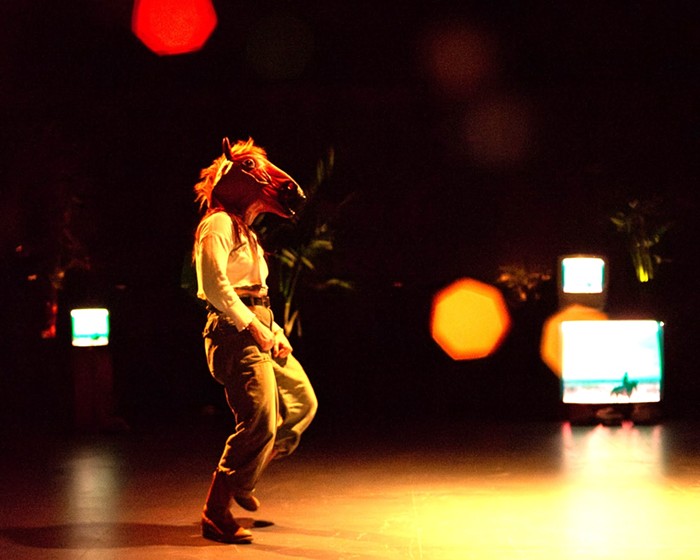"YOU WILL BE warned if necessary. You will have time to leave. Don't get excited." That was the non-warning given to residents of Vanport, once Oregon's second-largest city, before it was flooded on May 30, 1948.
Ask around about Vanport, and plenty of Portlanders likely won't know much about it. It's an instructive, essential part of local history, whose racial dynamics reverberate today—but as the city evolves, it's one that we risk forgetting. This is the problem that the inaugural Vanport Mosaic Festival, cofounded by Damaris Webb, S. Renee Mitchell, and Laura Lo Forti, seeks to rectify.
"The rapid influx of thousands of new residents into the Portland region dilutes the number of people who are knowledgeable about the rich cultural heritage of Vanport," write the festival organizers in a press release.
Founded as a temporary development to house workers who'd moved to the region for jobs in the Kaiser Shipyards, Vanport was once home to Oregon's largest African American community. The flood destroyed the poorly constructed city, and while most survived, the community was displaced.
On the flood's 68th anniversary, the Vanport Mosaic Festival seeks to preserve some of that community's history through screenings, performances, collaborations between youth and some of Vanport's surviving former residents, and appearances from a variety of speakers, including Sen. Jackie Winters (a flood survivor herself) and Commissioners Nick Fish and Amanda Fritz.

The centerpiece of the festival is Rich Rubin's play Cottonwood in the Flood, directed by cofounder Webb, which refracts the history of segregation in Oregon through the experiences of an African American family living in Vanport before—and after—the flood. That infantilizing warning about not getting excited? It appears, verbatim, in Rubin's script.
You might've seen a staged reading of Cottonwood at the 2012 JAW Festival or last year's Fertile Ground festival, where it was a highlight. I've been waiting ever since to see it fully produced. Its 12 performances at the Mosaic Festival are not to be missed. Maybe you'll leave just a bit clearer on this complex, deeply necessary piece of Oregon history. I did.


















